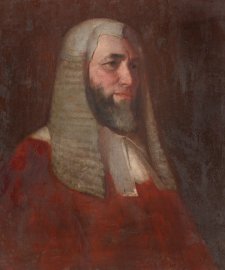The necessity for women’s suffrage might not be apparent to those women who are fortunate in having all they want in material, social or intellectual enjoyments. But the disabilities of political non-enfranchisement, with all the hardships, limitation of privilege and curtailment of opportunities that follow necessarily in the case of any class without a vote, weigh very heavily on working women of the world.
If the women who had all that they wanted would place themselves in an attitude of solicitous consideration for those who had not what they wanted – and who might be assisted in their struggle by the extension of political opportunity – their solicitude would be all the more just, because it would be unselfish. If those fortunate women would inform themselves how those disabilities pressed themselves on their less fortunate sisters they would more readily recognise the duty of urging the extension of the suffrage to women.
It is a known fact that the men with the best intentions, excellent and well-meaning men, make the most pitiable blunders when legislating for women.
Women have, equally with men, an interest in politics and good government.
By broadening the scope of women’s work and enlarging their opportunities, the sympathies of women will become higher and nobler.
Women suffrage will give women the opportunity for broader, better and more useful lives, and to that extent the whole community of men and women would gain.













